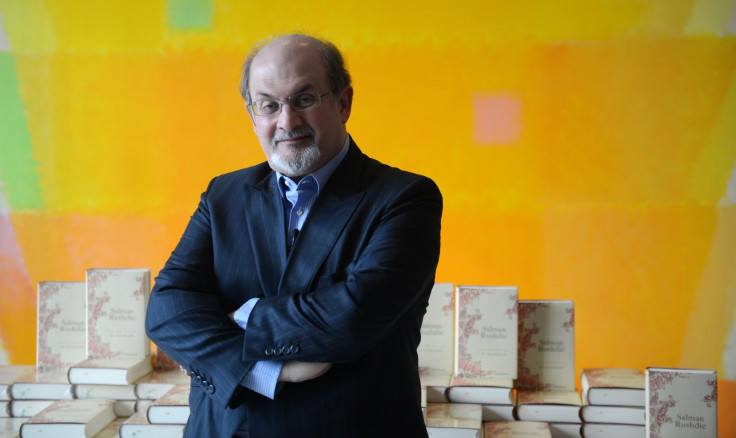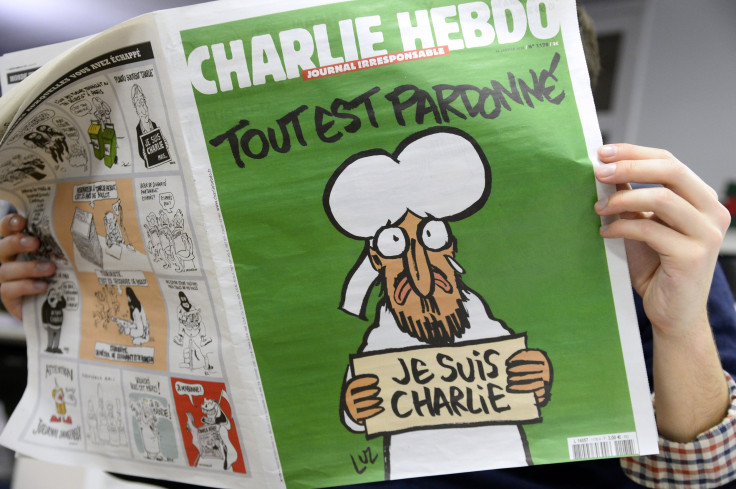Charlie Hebdo Update: Salman Rushdie Says The World Has Learned 'The Wrong Lessons' About Freedom Of Speech

Author Salman Rushdie told the French newspaper L'Express that the world has learned "the wrong lessons" from the terror attack that claimed the lives of 12 cartoonists at the satirical weekly Charlie Hebdo. In an exclusive interview published July 22, Rushdie said he thought writers and satirists worldwide had become too apologetic for poking fun at Islam.
Rushdie's comments arrive a few days after Charlie Hebdo's editor-in-chief, Laurent “Riss” Sourisseau, announced the newspaper would no longer publish cartoons depicting Mohammed. The editor of the provocative newspaper said: “We have drawn Muhammad to defend the principle that one can draw whatever they want...We’ve done our job. We have defended the right to caricature.”
The Charlie Hebdo massacre in Paris sparked discussions worldwide about freedom of expression, Muslim extremists and problems of integration in European countries. Some have argued that mocking a figure like Muhammad, held sacred by so many people, goes beyond a right to free speech -- particularly in a nation like France, where Muslims are a vulnerable population subject to discrimination. Others have countered that free speech has no exceptions and writers should maintain the right to offend.

"What no one talks about is the fear. If people weren't being killed right now, if bombs and Kalashnikovs weren't speaking today, the debate would be very different. Fear is being disguised as respect," Rushdie said.
Rushdie knows what it's like to have his life threatened by extremists. His 1998 novel, "The Satanic Verses," was denounced by many Muslims around the world as blasphemous. The premise of the book is that the verses God spoke to Muhammad, which would eventually become part of the sacred teachings of the Quran, were actually spoken by the devil as a joke on humanity.
In response to the publication of this book, Ayatollah Khomeini issued a fatwa on Rushdie, calling all Muslims around the world to murder him. The Japanese translator of the book was stabbed to death, and several bookstores that carried the novel were firebombed. Rushdie survived by living in hiding for 10 years, and he has stood by his book and what it represents.
During the interview, Rushdie criticized what he believes to be a shift in journalism, and in artistic expression more broadly, toward too much political correctness and a misunderstanding of nuance. "Fighting against extremism is not the same is fighting against Islam. On the contrary, it defends it," he said.
Rushdie said that if "The Satanic Verses" were published today, he believes no one would come to his defense. "I am sure they would use the same arguments against me, accusing me of insulting an ethnic and cultural minority," he said.
© Copyright IBTimes 2025. All rights reserved.






















